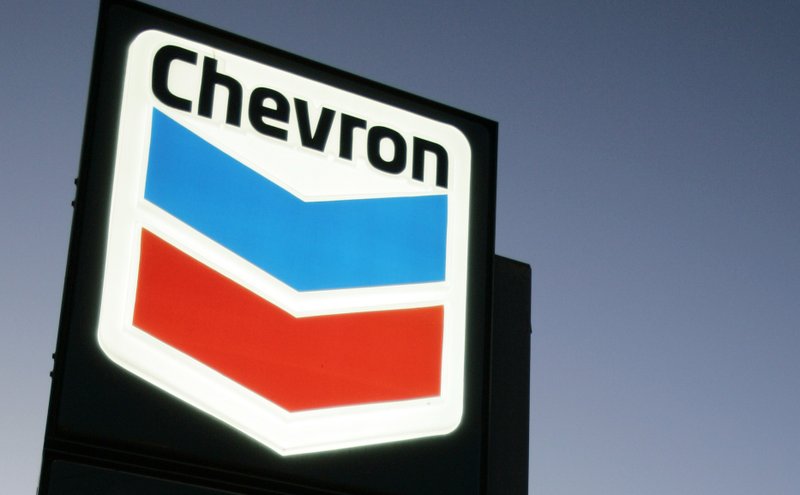Chevron CEO Criticizes Biden’s Gas Policies, Says AI Depends on Permian Gas
(Reuters) — Chevron CEO Michael Wirth on Tuesday criticized U.S. President Joe Biden's administration for what he described as "attacks on the natural gas” industry and emphasized the crucial role of Permian natural gas in powering the rapid growth of artificial intelligence (AI).
The CEO’s remarks followed new government plans over policies to prevent power-hungry AI data centers from undercutting U.S. climate goals. Last week, the White House launched a task force on AI Datacenter Infrastructure to coordinate policies in line with the government's economic and environmental goals.
Wirth defended leveraging low-carbon gas over coal to meet the increasing energy demands of the AI sector.
"AI’s advance will depend not only on the design labs of Silicon Valley, but also on the gas fields of the Permian basin," Wirth said at Gastech conference in Houston.
Chevron, the No.2 U.S. oil producer, is one of the top players in the Permian basin that straddles Texas and New Mexico. The Permian is the biggest U.S. oilfield and accounts for 15% of the nation's gas output.
Wirth said the Biden administration's approach to pause liquefied natural gas (LNG) exports "elevates politics over progress."
In January, Biden announced the pause on approvals for pending and future applications to export LNG from new projects, a move cheered by climate activists, that could delay decisions on new plants until after the Nov. 5 election.
He argued that a moratorium on LNG exports would increase energy costs, threaten reliable supplies, and slow the switch from coal to natural gas, leading to more emissions rather than less.
"Instead of imposing a moratorium on LNG exports, the administration should stop the attacks on natural gas," he added.
Wirth underscored the role of gas in reducing global carbon emissions, citing data from the International Energy Agency (IEA) that attributed over a third of total global greenhouse gas emissions in 2022 to coal combustion.
Switching from coal to gas, he suggested, could be "the single greatest carbon reduction initiative in history."
"The case for natural gas is so strong that only politics can get in the way," he said.
In the midst of the global desire to decarbonize, Wirth stressed the need for a stable and predictable policy environment to ensure gas remains a reliable energy source.
He outlined three pillars for a balanced energy future: political support for gas as a key to a lower carbon future; recognition of the progress made in deploying new technologies and gas solutions; and understanding that the energy transition requires unprecedented innovation and collaboration.
Related News
Related News

- Kinder Morgan Proposes 290-Mile Gas Pipeline Expansion Spanning Three States
- Enbridge Plans 86-Mile Pipeline Expansion, Bringing 850 Workers to Northern B.C.
- Intensity, Rainbow Energy to Build 344-Mile Gas Pipeline Across North Dakota
- U.S. Moves to Block Enterprise Products’ Exports to China Over Security Risk
- Court Ruling Allows MVP’s $500 Million Southgate Pipeline Extension to Proceed
- U.S. Pipeline Expansion to Add 99 Bcf/d, Mostly for LNG Export, Report Finds
- A Systematic Approach To Ensuring Pipeline Integrity
- 275-Mile Texas-to-Oklahoma Gas Pipeline Enters Open Season
- LNG Canada Start-Up Fails to Lift Gas Prices Amid Supply Glut
- TC Energy’s North Baja Pipeline Expansion Brings Mexico Closer to LNG Exports





Comments